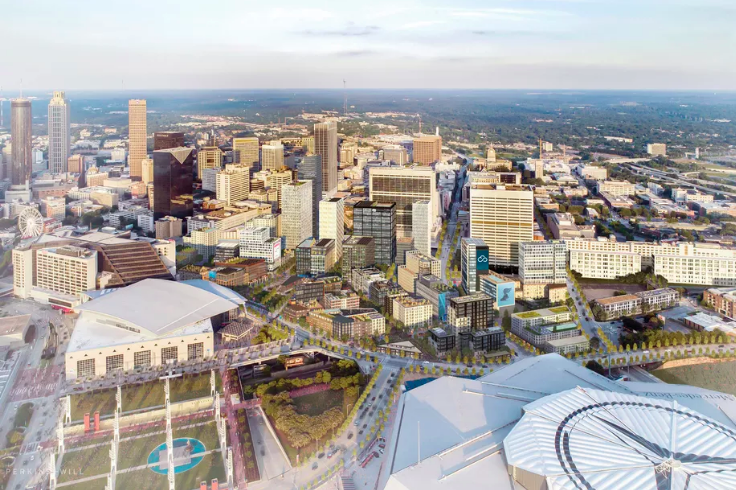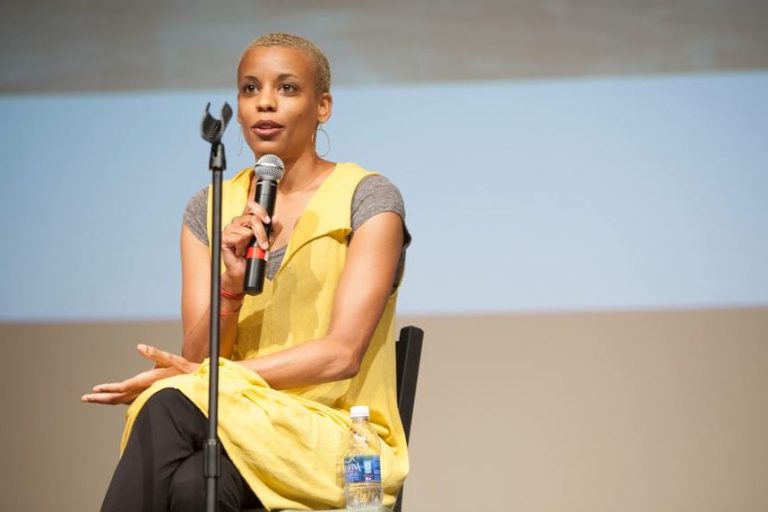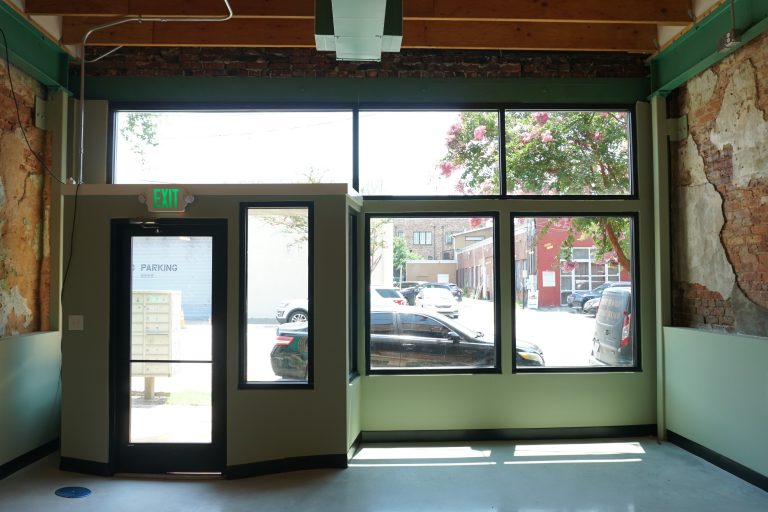We have lost the art of nuance. This whole Gulch conversation has gotten out of hand because of the false sense of urgency embedded in Greenlight the Gulch or Redlight the Gulch campaigns that have sunk into public consciousness. You’re either with us or against us; you’re either for the project or against the project. We live in a greyscale world, so why are we often told that things are black and white when they so rarely ever are?
Atlanta is great at slogans; it is a city that has mastered the art of illusion through language. The “city too busy to hate” was just as busy being segregated, bombing religious buildings, and physically constructing a city that kept black people cut off from vital resources in neighborhoods while siphoning their tax dollars into other parts of town. I imagine being the “city too busy to tell the truth” wouldn’t have seemed as hospitable to wooing business interests.
People keep telling me, you should be for the Gulch, it will be great for your business and property value. And yes, that is true. An investment of that scale on the block where my father purchased a building in 1984 that my brother and I now own would certainly help with appreciation and allow us to capture more rental income. But as a citizen of Atlanta and someone who understands intergenerational wealth building, I cannot make decisions to be for a project that does not take into account the generations that come after me in parts of town where many families have nothing. I may not want to have children but in my daily decisions I take into account the children and grandchildren of Atlanta’s future. For me this isn’t about taxes, this is about people. Specifically, it is about our children and our children’s children, and their children’s children and what type of city we are leaving to them.
In her inaugural year, Mayor Bottoms announced One Atlanta as a template to help citizens strive for an “affordable, resilient, and equitable Atlanta”. To get an equitable city and make decisions that positively impact people like me who are already fine but to also positively impact and lift up people who for generations have been born into the “wrong side of the city” demands a different way of thinking. It demands that we think seven generations into the future, not just about this election cycle or about this quarterly financial report. It demands that we start being more critical of how our tax dollars get spent and stop treating people who question the status quo as delaying progress and see them as doing their job as our representatives. It also demands that we be solution-oriented as we question what is put before us.
We live in a city that scores embarrassingly on income inequality and social mobility index. That doesn’t happen in one generation, so why do we pretend that it will be alleviated in one election cycle?
Building a better future requires that we make long term decisions and ask the City to partner with businesses and leaders that make long term decisions. Meria Carstarphen was brought in to turn around the Atlanta Public School system. Frankly, I’m impressed that she’s still here and still smiling. She has a way harder job than the Beltline CEO and those men keep abdicating their posts without fulfilling their mission (failing up?). Meria is being assailed as a “critic” of the deal for requesting changes to how the TADs will be assessed so that the school system, which currently operates with an annual budget of $1.05 billion for a projected enrollment of 95,152 students, can grow into the future. The city population is expected to triple by 2050. More jobs coming into Atlanta means increased enrollment in the public school system and stresses on other vital resources – i.e. police, sanitation, parks, transportation, housing, etc.– if business and property taxes don’t keep pace with the projected increase in bodies. Access to tax dollars means less stress. How tax dollars are being allocated and the extent to which developers are being incentivized through our tax dollars should be of huge importance to people across a city that has rotting infrastructure, struggling schools, and a poor transportation network.
Since 2011, the amount of our commercial property taxes that have gone towards APS is $90,188 (averages about $11,274 annually). The amount that has gone into the general fund and Atlanta bonds is $44,692 (averages about $5586 annually). This does not include what I pay as a home owner in Reynoldstown or what I pay in State taxes. We are invested in Atlanta, in Georgia. As a citizen invested in this city I want to know that what is being done with my investment money is healthy not just for me but for as many people as possible. If the developer walks away with the bulk of our city/state cash and future cash and under delivers, it is Atlanta’s children who suffer.
The developer, CIM, is being offered $1.75 billion in public financing – some incentives coming directly from the State and some incentives from the city. (For context, the City of Atlanta General Fund has a $668.5 million dollar budget). CIM is owned by the brother of Hawks owner Tony Ressler who recently received $142.5 million to revamp the Hawks arena. Atlanta Committee for Progress, which will get $2 million when the deal is approved, sent out mailers to Greenlight the Gulch and has been pushing the campaign. Invest Atlanta will get $12 million. APS only stands to reap what is brought in future gains. As an agency entrusted with fighting for the oft overlooked children of Atlanta, it has way more to lose if the deal isn’t reengineered.
An affordable housing trust fund will be created for $28 million. The cost to build an affordable unit is roughly $153,500 per unit in this region. Compared to demand of over 340,400 households in need of affordable or stabilized housing, or even the Mayor’s goal of building 5,600 affordable units that amount is a drop in the bucket. I am aware this is all an oversimplification but if we don’t start operating differently, things will only get worse. The public is asking for a community benefits agreement and accountability, both espoused by Mayor Bottoms on the campaign trail when asked about city development under her leadership. The Gulch deal, as it stands gives away more than it provides.
Pretty much everyone is for the Gulch being developed. No one looks at the current state of the Gulch and thinks, wow, what a lovely sight! It is an eyesore and a transformed Gulch would radically upgrade downtown Atlanta bringing more vibrancy. What critics are against is another developer coming in, building so-so stuff, selling off the land to another developer for profit built on our tax dollars and future tax dollars, then having our children left holding the bag for a city that remains mired in inequality and infrastructure strains. An equitable city means across Atlanta people and communities reap mutually beneficial rewards and that doesn’t mean selling out our city for a private company’s boost in quarterly profits and a fancy headline.
Is Atlanta capable of growing from a city too busy/greedy to care into a city too beautiful to fail?
Beauty is balanced and mediates between compassion and strength. I choose to invest my time and resources in this city because I truly believe it has all the necessary components to be great; but it’s not there yet. We have to keep striving to make it so and that means making difficult decisions with the greater good in mind and knowing that we’re playing the long game.



